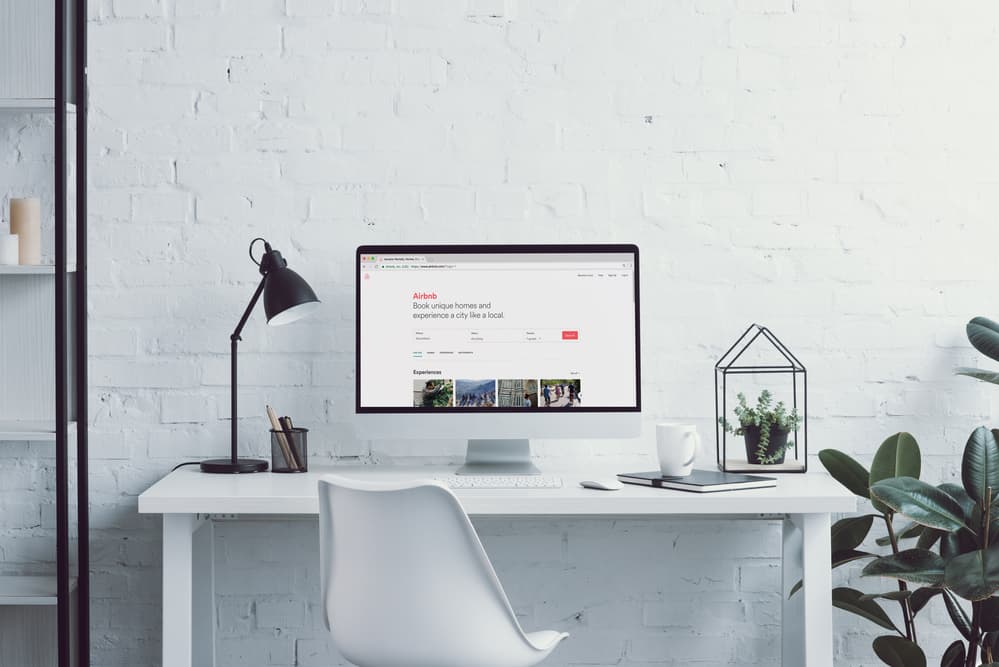Many homeowners rent homes for a short term to generate more income or even pay a mortgage. Whatever the reason, it is possible to plan well and rent out your home.
However, there are things you should keep at the back of your mind before renting the house. These are legal facts that will make the process seamless for you. Below are things you should know.
Some States Prohibit Short-Term Rentals
Before renting out your house, be sure that your state allows short-term rentals because many states prohibit this. Many localities only will enable you to rent out your property within your residence, while other areas prohibit renting homes in certain zones.
There are also areas where all vocational renting isn’t allowed. Therefore, check with your state regulations and be sure you’re doing the right thing to avoid going against the law.
Limitation on the number of Days
Some states have a limitation on the number of days you can rent out your home. You’re only limited to 120 days unless you pay extra fees or unless you get special approval from the city.
However, this depends on the city. For instance, big cities and key tourist attraction centers have strict rules about the number of vacation rentals allowed to operate per city. Check your state requirements and be sure about the number of days you can rent out your property.
Multiple Dwelling Laws
Most cities have independent laws on rentals. For instance, in cities where rental costs are high, multiple dwelling laws apply. The law allows you to rent out your house for less than 30 days if your building can accommodate more than three families living independently. This is on the condition that the permanent resident is present.
Failure to abide by this law can lead to a lawsuit and a fine of thousands of dollars per day. Therefore, read and understand all legal statutes and regulations for your city or state.
Licenses and Permits
As a homeowner who plans to rent out a home, you may need to have a license to operate your business. Ensure you have a general business license or permit as per your state requirements. Register your rental company with your state.
It is also possible that your local government expects you to have a short-term rental license or permit. During the application, the state ensures that your property meets the health and safety requirements.
Other states will also ask for proof that the property you plan to rent is not your primary residence. Check your local government website for more information on licenses and permit.
Understand Tax Requirements
When operating any business, you need to pay taxes. That is why you need to understand rental income tax laws before going for a short-term rental deal. In this case, it is vital to keep track of all your financial records to enable you to file tax returns smoothly.
It is worth noting that short-term rental homes have deductible expenses. For instance, you can deduct expenses such as a gift basket, the cost of buying new pillows and bedsheets, or when you purchase any item for your vocational rental. So, keep records of all receipts, including copies or rented periods within the year.
The 14-Day Rule in the US
If you rent out your property for less than 14 days in the United States, you won’t need to pay taxes. You will not also pay taxes if you use the property as an individual. In short, if the number of days exceeds 14, you will need to pay taxes per the standard taxation requirements. Apart from the taxes listed above, you also need to pay income tax, VAT, and self-employed tax.
The Bottom Line
Ensure you comply with all legal requirements before you rent out your home. Remember, the laws keep changing. So, keep checking the relevant sources to stay up-to-date with the current regulations.



